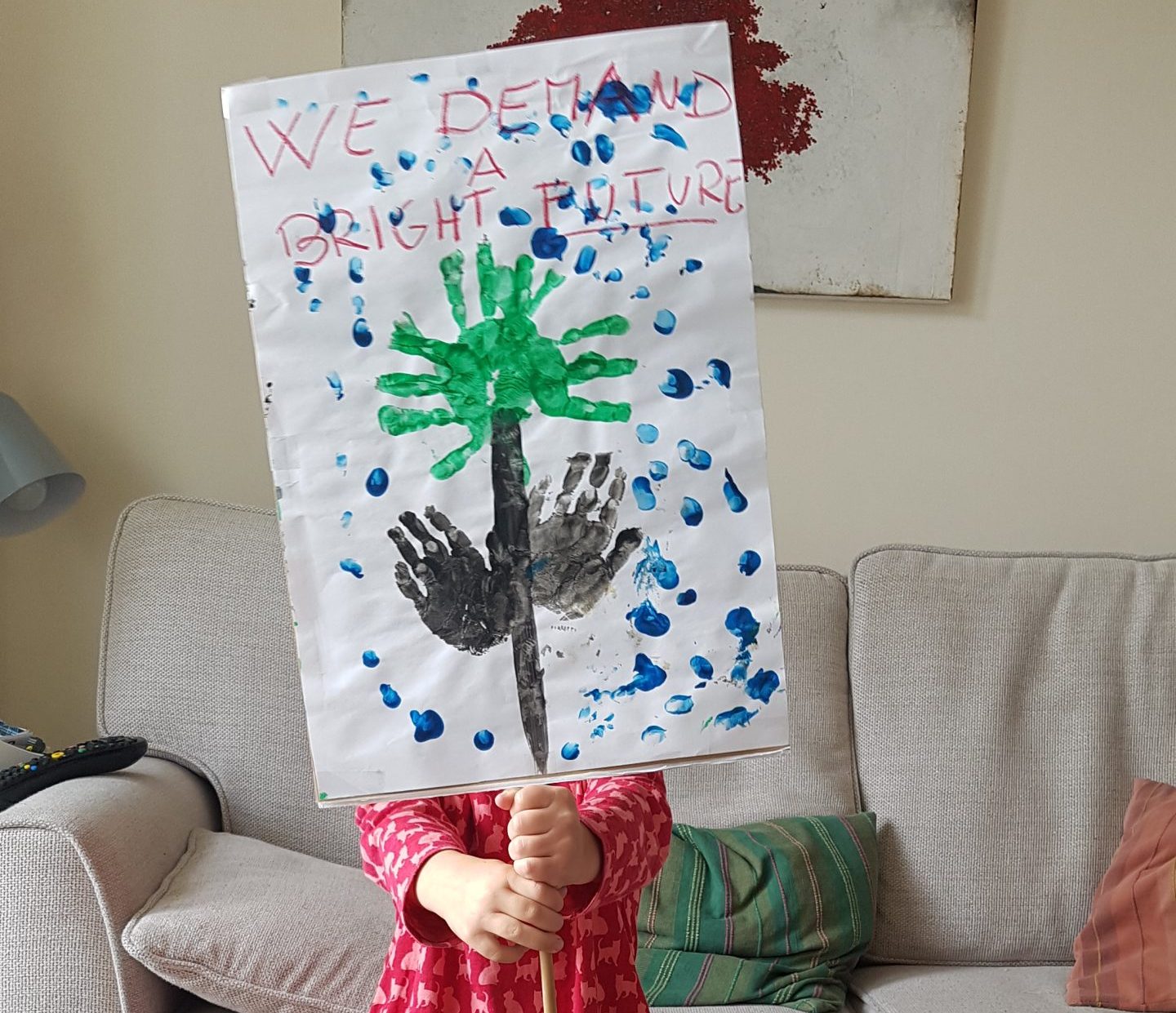Health – present but not at the heart of COP29
By Prof Gesche Huebner
COP29 was, to put it mildly, not a roaring success. Yes, developed nations agreed to support developing countries with at least $300bn a year by 2035 to support their efforts to deal with climate change – but that is well short of the $1.3tn developing countries called for which has become only an aspiration with no firm commitments agreed.
Yes, an agreement was reached on carbon markets: Governments agreed rules on how countries can create, trade and register emission reductions and removals as carbon credits though concerns exist for how effective carbon credits are in achieving emission reductions and it remains to be seen how quickly the finer details of such international carbon trading system can be agreed. Little concrete outcomes have been achieved regarding the transition away from fossil fuels, which is very disappointing.
What about health at COP29? Climate change is a fundamental threat to human health and strong mitigation and adaptation actions are needed to protect the health of both current and future generations. But reports on the COP outcomes, such as the excellent summary of Carbon Brief, hardly mention health. So how was health presented at COP29 and what was achieved?
The World Health Organization (WHO) together with the Wellcome Trust and the health community hosted a Health Pavilion at COP29 with an impressive programme of events. The WHO had published the excellent COP29 Special Report on Climate Change and Health and also produced guidance on how governments can include health into their countries’ National Defined Contributions (NDCs), i.e. their national climate commitments on climate action. COP29 hosted a Health Day on the 18th of November.
What might be considered a significant outcome was the signing of a Letter of Intent to establish the Baku COP Presidencies Continuity Coalition on Climate and Health. This coalition, supported by the WHO, brings together the previous COP presidencies in the United Arab Emirates, Egypt, the UK, Azerbaijan as this year’s host and Brazil as next year’s host. Its aim is to create continuity in integrating health into the global climate agenda across COPs and will hopefully ensure that health will feature significantly at COP30 in 2025.
The COP29 Presidency launched the Multisectoral Actions Pathways (MAP) to Resilient and Healthy Cities initiative that will promote sustainable urban planning and development strategies to increase climate resilience and address urban public health challenges globally.
COP29 also saw the signing of the agreement of a $10 million commitment of the Islamic Development Bank (IsDB) to the World Health Organization to implement the Health Impact Investment Platform (HIIP), an initiative focused on the investment in climate and crisis-resilient primary health care systems, especially in low- and middle-income countries.
So yes, health had a clear presence at COP29 and there were some significant outcomes. But none seem to have made headline news which indicates that health still hasn’t arrived where it belongs: at the heart of climate negotiations.
Find out more about Prof Gesche Huebner >>
 ‘We demand a bright future’ – taken by Gesche Huebner.
‘We demand a bright future’ – taken by Gesche Huebner.